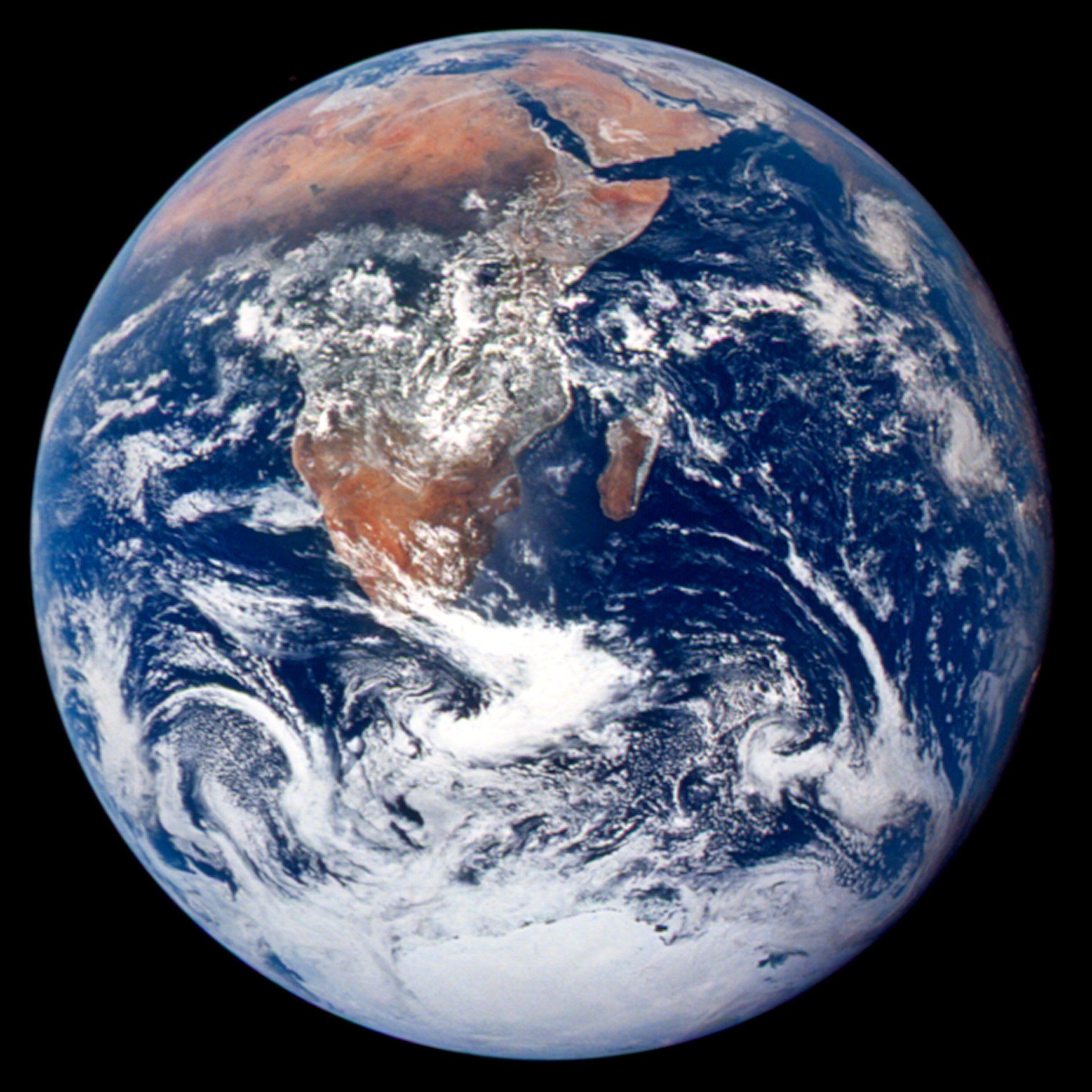
Earth's Finished! Time to Build a Backup

Jon Methven is the author of the novel "Strange Boat" (Rare Bird Books/Barnacle; 2016). His first book was “This Is Your Captain Speaking” (Simon & Schuster; 2012). His work has appeared in the New York Times, The Atlantic, Timothy McSweeney’s Internet Tendency and The Awl. Methven contributed this satirical article to Space.com's Expert Voices: Op-Ed & Insights.
Consider the threat of climate change and global unrest, along with the possibility of a Donald Trump presidency, and it's become clear that by the end of this century humanity may need a new planet in order to ensure survival.
Imagine a world without public storage, in which there are no lockers of various sizes and price points. A world in which human beings redecorating or going through divorce or preserving fine china they have no intention of ever using — but would like to pass along to their children — cannot stow valuable junk safely. A world in which everyone's stuff is subject to the elements instead of locked away for tomorrow. In a sense, that's the world that exists now, if you think of human beings as stuff, which means humanity has 7 billion of its valuables out in the open, with no contingency plan if things go kaput.
Now imagine a planet-size public storage unit, say as big as a Gerard K. O'Neill rotating cylinder, or Darth Vader's Super Star Destroyer, which will ensure that all that junk (both human and antique) survives a cataclysmic disaster. At a cost of $600 billion, give or take $400 billion, it's a small price to pay for the future of humanity.
There will be other variables to consider: technology, planning, courageous men and women willing to risk their lives traveling to deep space to mine asteroids for the resources needed to construct a space settlement. But the main objection will be the price tag: Who will pay for something that most people will not be alive to see through to completion?
According to Charity Navigator, Americans gave away nearly $360 billion in 2014. Spread across every facet of society, from religion to Save the Frogs!, arts and humanities to education, the environment to the Civil War Trust — a foundation that preserves battlefields and annual re-enactments — this is money that could be re-allocated to one goal: building a fresh, frogless, battlefieldless world.
Friends of Sibling Planet International Trust is an organization raising money for just such a pursuit. There's a GoFundMe page, but because the trust is made up entirely of volunteers, fundraising efforts have been slow. Raising money to build a new planet will require a dedicated team of people who not only have a stake in a place to live in the future, but also have plenty of time on their hands with no responsibilities whatsoever.
Get the Space.com Newsletter
Breaking space news, the latest updates on rocket launches, skywatching events and more!
To quote the late Whitney Houston, "I believe the children are our future" sales force. It's possible she was speaking of everyone between the ages of 3 and 6, who could conceivably each raise $1,000 per year selling candy, a scenario by which humanity could afford a new planet within a decade. And toddlers are the perfect demographic to head up this campaign.
First, toddlers provide absolutely no benefit to society. Sure, they're cute and lovable, and it warms one's heart to hear their precious laughter. But they don't work or volunteer, and they're constantly spreading germs that keep the rest of the workforce sick from November through April. The least they can do is show some gumption and sell candy for 3 to 9 hours a day.

Second, toddlers have loads of time. Walk past any playground, and you'll find miniature sales gurus running and jumping and asking caretakers to meet their every need. Many opponents of this plan will claim we need to preserve kids' innocence. But toddlers aren't that smart; we can trick them. We don't have to tell them we're raising money to build a new planet because we're afraid of our elected officials, or that we've already ruined this one. Just tell them it's to build a giant space slide, and they'll sell candy day and night.
Third, by the time we raise the money, mine the asteroids and build a new home, today's toddlers are the only people with the slightest chance of ever stepping foot on the new planet. Everyone who is reading this article will be dead by the time a new world is complete. And who could resist buying candy from an adorable, angel-faced toddler raising funds so he or she has a place to live at age 97?
A new planet will not only ensure the survival of the human species. Once we have grown fan bases sufficiently in Canada, London and Cuba under the so-called "International Series," by 2040 the NFL will be ready to put a franchise in space. A new planet is humanity's duty. But it's also the duty of patriotic Americans to pave the way for major sports to colonize the galaxy.
Space.com loves toddlers. This is satire. For additional pieces by Jon Methven, visit http://jonmethven.com/. Follow all of the Expert Voices issues and debates — and become part of the discussion — on Facebook, Twitter and Google+. The views expressed are those of the author and do not necessarily reflect the views of the publisher. This version of the article was originally published on Space.com.
Join our Space Forums to keep talking space on the latest missions, night sky and more! And if you have a news tip, correction or comment, let us know at: community@space.com.









